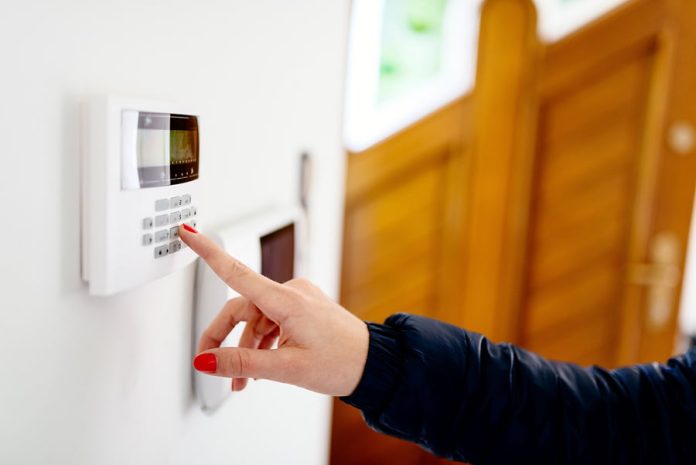I read last month’s alarm panel feature with interest and wondered whether the traditional alarm panel has a future. Judging from the images of products from Security 2018 – so many PCB-based controllers – it seems that it does. If faced with a choice of the types, which would you choose?
A: SEN thinks a networked version of the traditional panel does have a future for the moment – most notably in the commercial and government markets – but it’s likely there will be some retention in the domestic market as well. But given the investment going into security and automation hubs, this situation may well change in the mid-term.
Is a traditional solid-state security solution potentially more robust than an internet-facing, hub-based solution, incorporating network components without battery backup? Yes, I think you could successfully argue that it is.
Do hub-based security, safety and automation solutions offer brilliant flexibility and great power through remote management, integrated video verification and sensor agnosticism? And can they be supported by batteries? They do, and they can.
Personally, I would choose a system that offers hardwired sensors and core peripherals, Z-Wave and Wi-Fi capability, support for locks and intercoms, wall-powered CCTV cameras with recent Sony sensors, the capacity for remote management, and professional monitoring, with the entire system designed and installed in such a way that it never, ever false alarms.
Given the ability to function on a network and be remotely managed, I’d be sold by system features rather than by form factor. Your customers may have other preferences.
#sen.news











